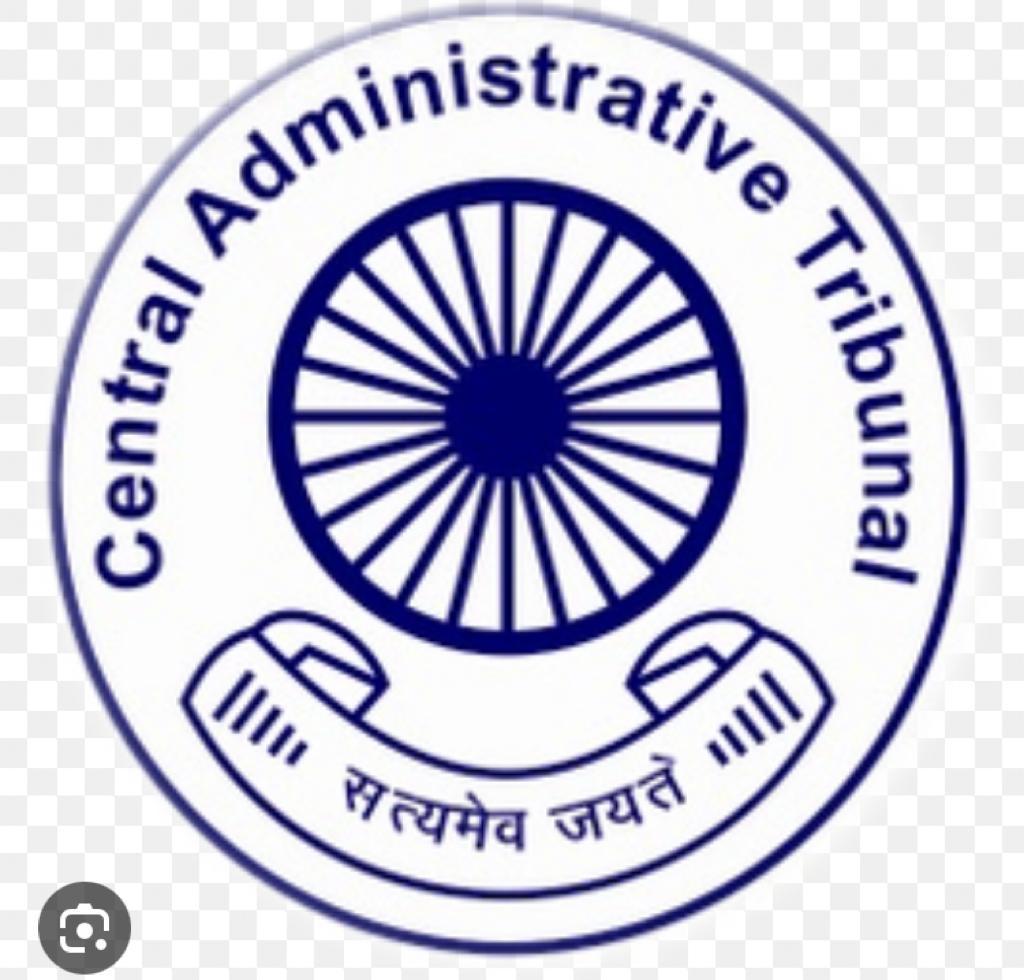
In a major relief to IAS officers in Kerala, the Central Administrative Tribunal (CAT), in an interim order restrained the Kerala government from appointing or transferring IAS officers without the recommendation of the Civil Services Board, a three-member body chaired by the Chief Secretary.
This will check the frequent and arbitrary transfers effective by the state government at its whims and fancy. This will also help state government to implement the Supreme Court's order to give all civil servants a ‘minimum assured tenure' at a particular posting.
The CAT endorsed the argument of the IAS officers that such quick transfers were affecting governance.
How the officers got this order?
Kerala IAS Officers' Association and two IAS officers – 1998 batch B Ashok, currently serving as Agricultural Production Commissioner and Priyanka G, a 2017 batch IAS officer, who is serving a as Director, Women and Child Department – had approached the CAT saying that the Kerala government was transferring IAS officers with no respect for the legally mandated minimum tenure of two years.
The IAS officers submitted that a civil servant in Kerala, on an average, spends less than a year in a given cadre post in the state. The legal requirement is two years minimum.
The IAS officers, in their application submitted to the CAT, have stated that the Supreme Court, in its 2013 landmark judgment in the TSR Subramanian case, had directed the Centre and states to give all civil servants a ‘minimum assured tenure' at a particular posting.
Following the apex court verdict, amendments were made to the IAS (Cadre) Rules in 2014. From then on, it was understood that an IAS officer will hold her post for at least two years unless promoted, retired or sent on deputation outside the state or on training beyond two months.
If at all a tenure has to be cut short, it requires the approval of the Civil Services Board. A notification issued by the Ministry of Personnel, Public Grievances and Pensions (MoPPGP) on January 28, 2014, states that all appointments of cadre officers should be made on the recommendation of the Civil Service Board (CSB).
The CAT observed that the Kerala government had neither obeyed the Supreme Court directions nor has it adhered to the rules and notifications issued by the Centre in the wake of the Supreme Court verdict.
Though a CSB was formed in Kerala soon after the notification, the IAS officers say it had become dysfunctional after the first two meetings, the last of which was in 2015. The IAS officers said that chief secretaries had been unable to withstand political pressure.
What Supreme Court Says about transfer and posting?
Here is what the Supreme Court said in 2013: “We notice, at present the civil servants are not having stability of tenure, particularly in the State Governments where transfers and postings are made frequently, at the whims and fancies of the executive head for political and other considerations and not in public interest. The necessity of minimum tenure has been endorsed and implemented by the Union Government. Fixed minimum tenure would not only enable the civil servants to achieve their professional targets, but also help them to function as effective instruments of public policy. Repeated shuffling/transfer of the officers is deleterious to good governance.”

The BuckStopper, run by a group of seasoned journalists, holds the powerful accountable. The buck stops with them, as they cannot shrug off their official responsibilities.



